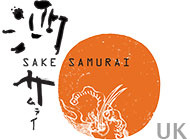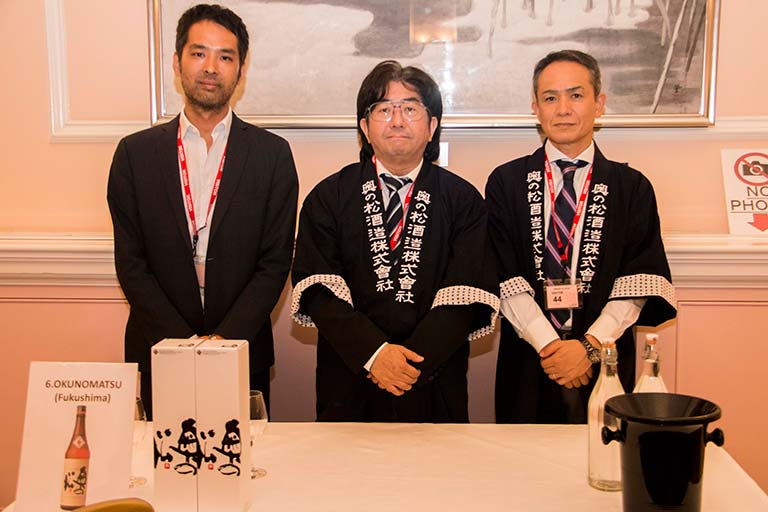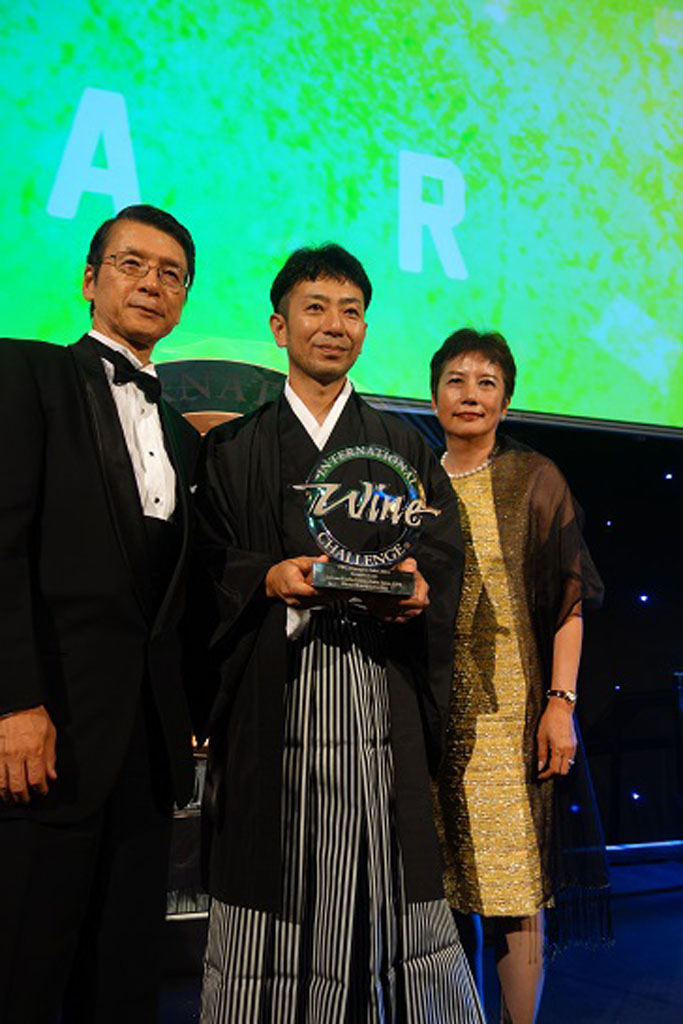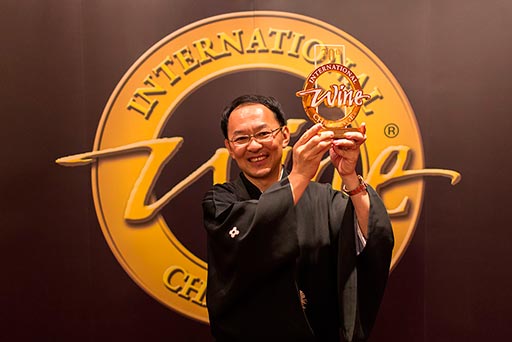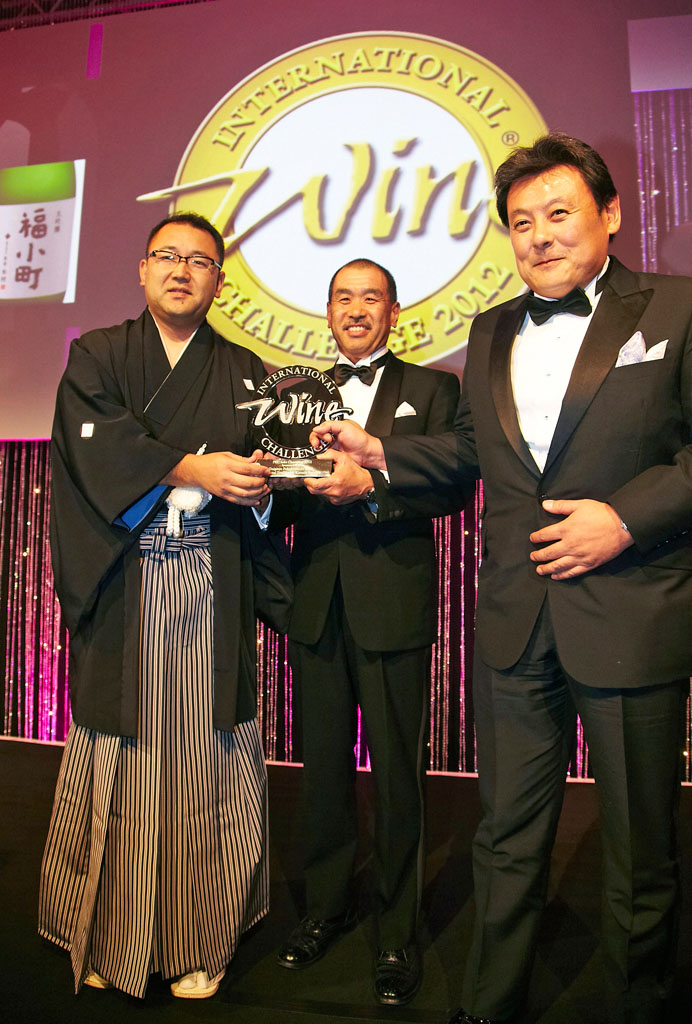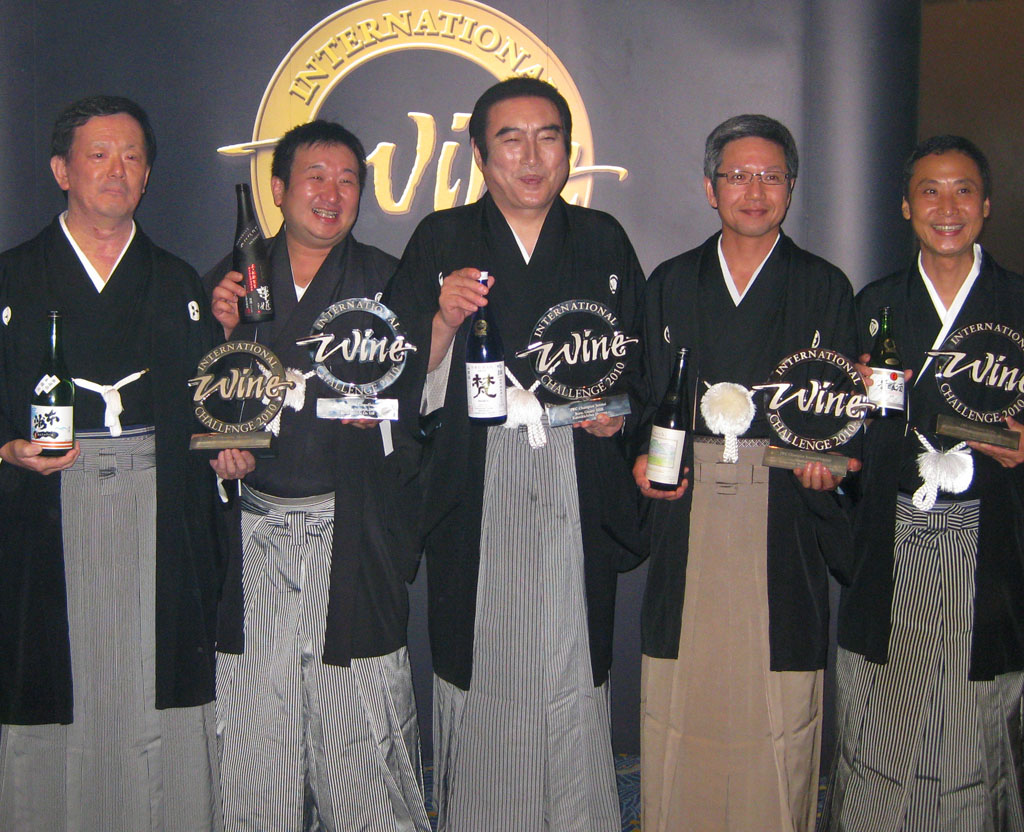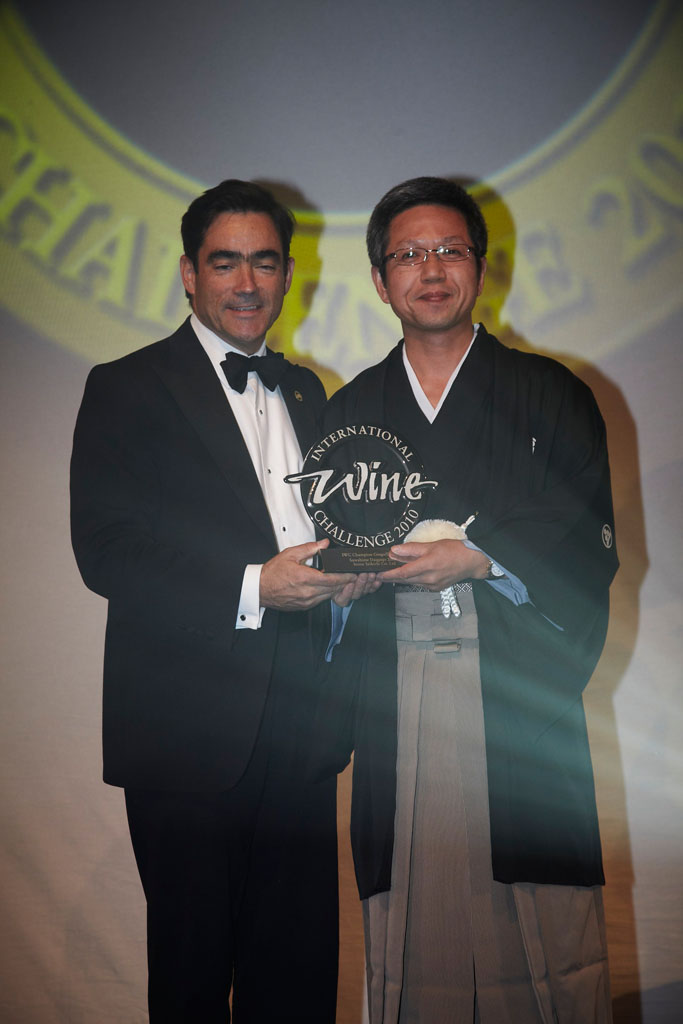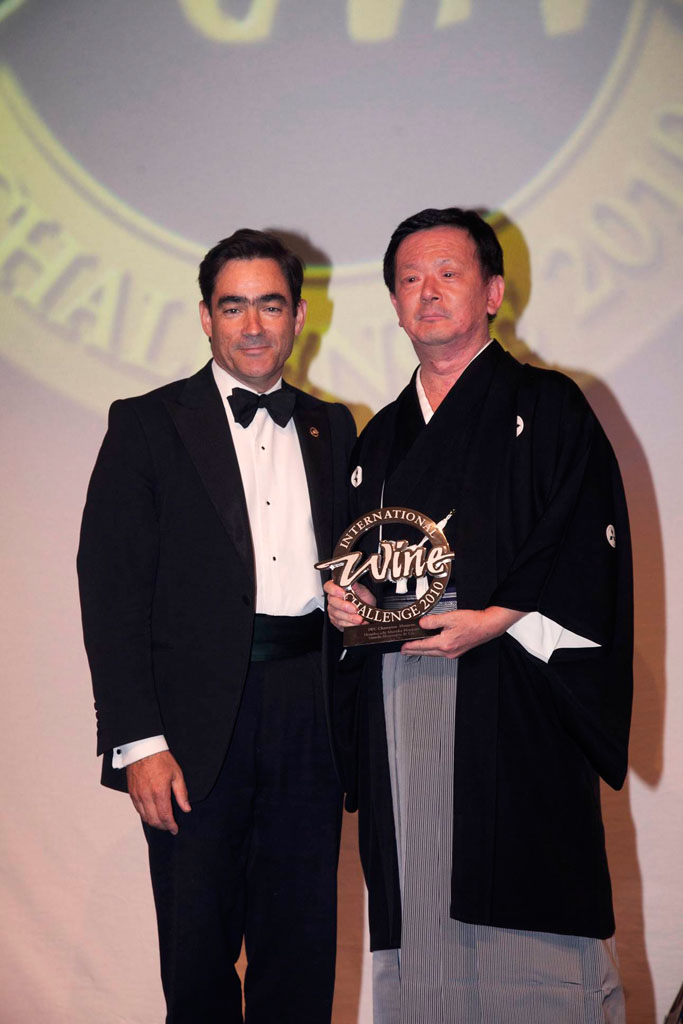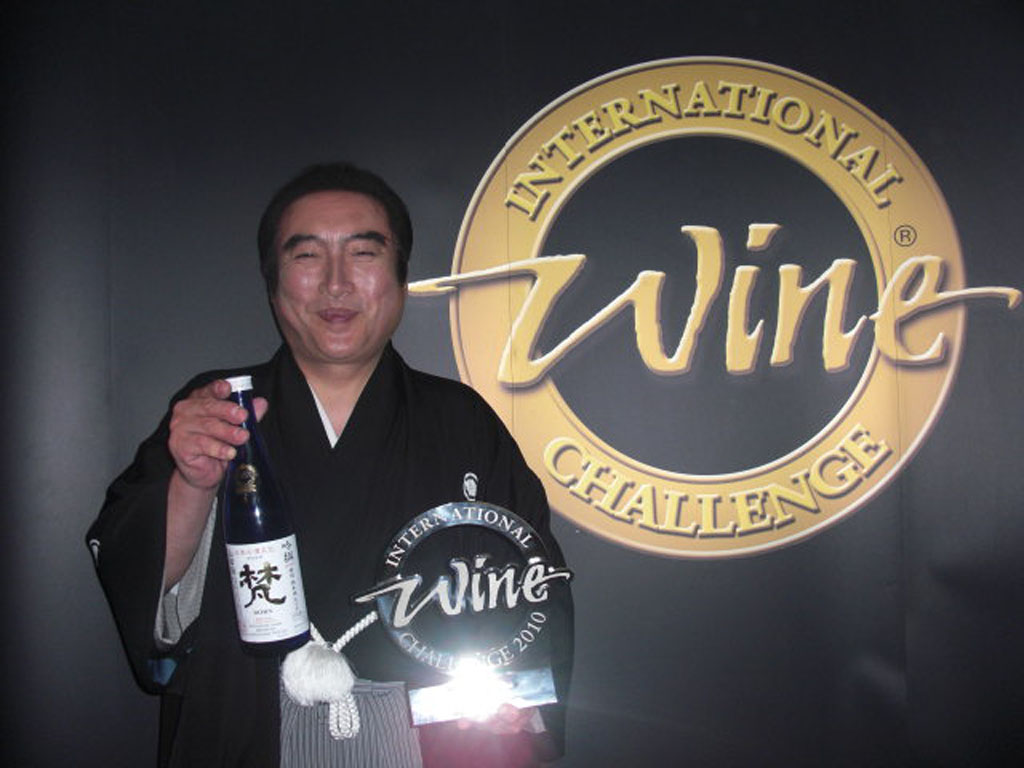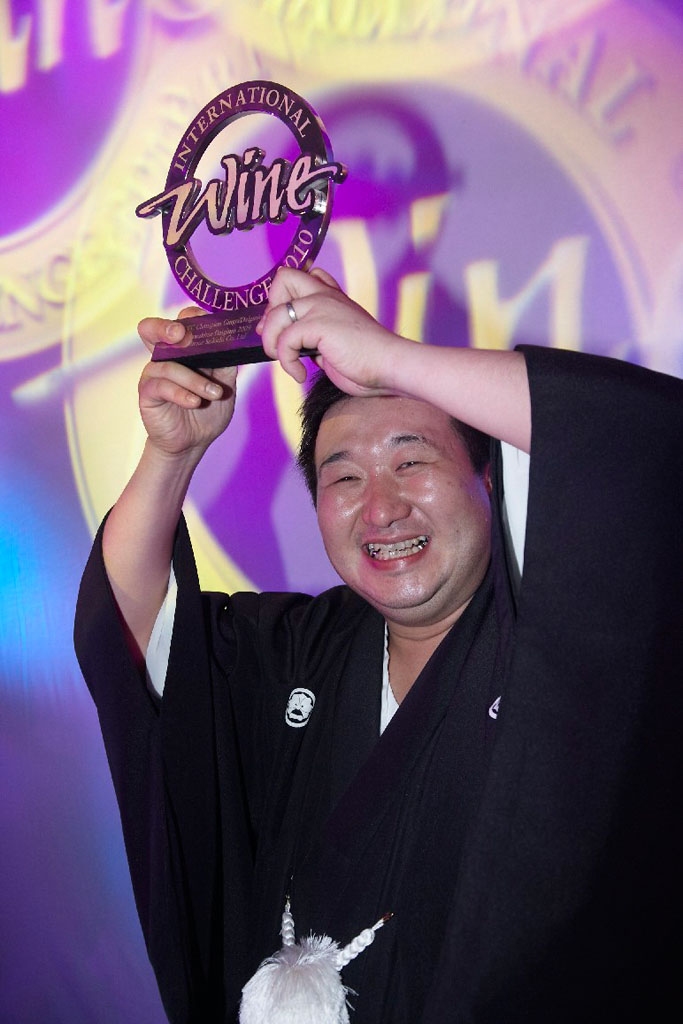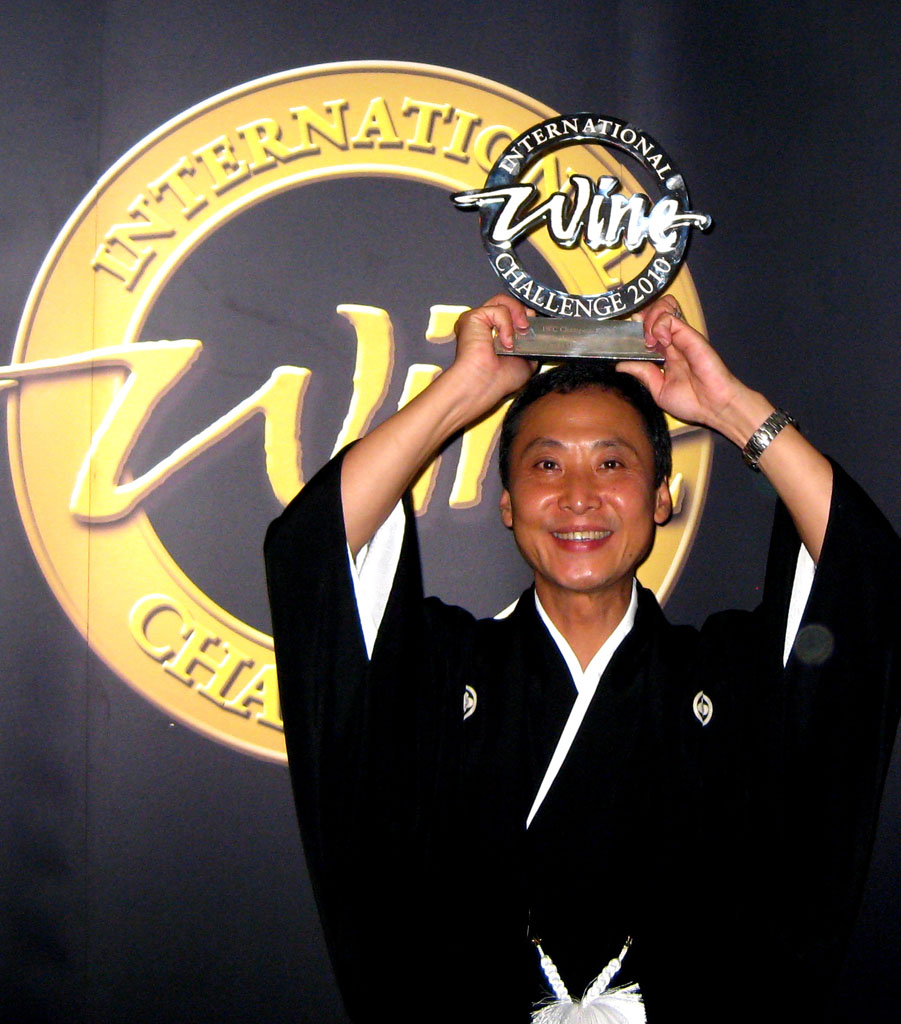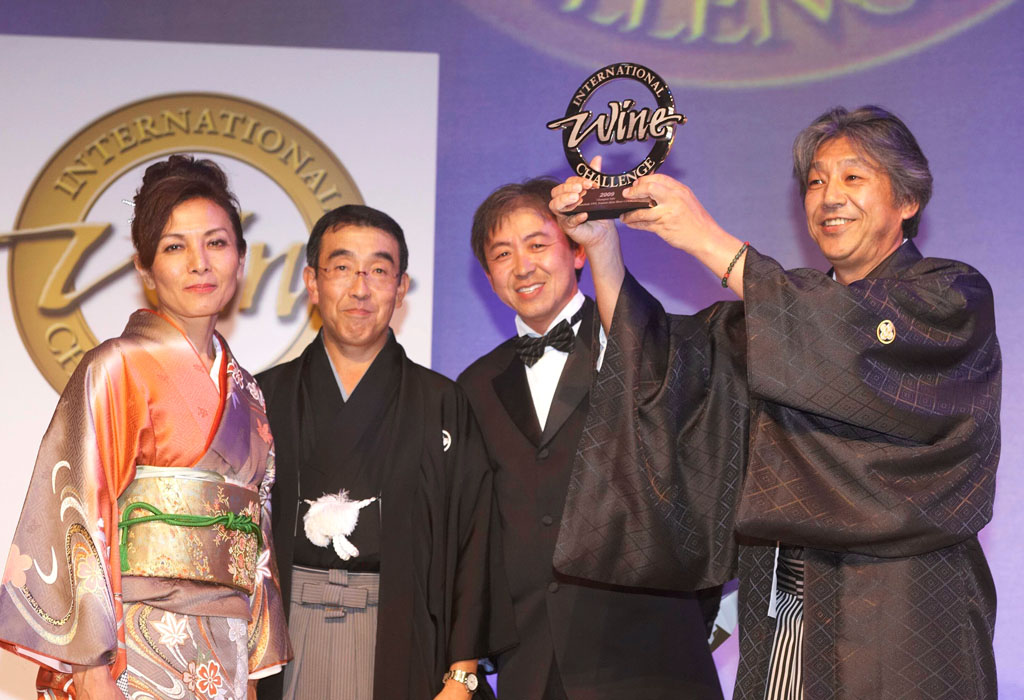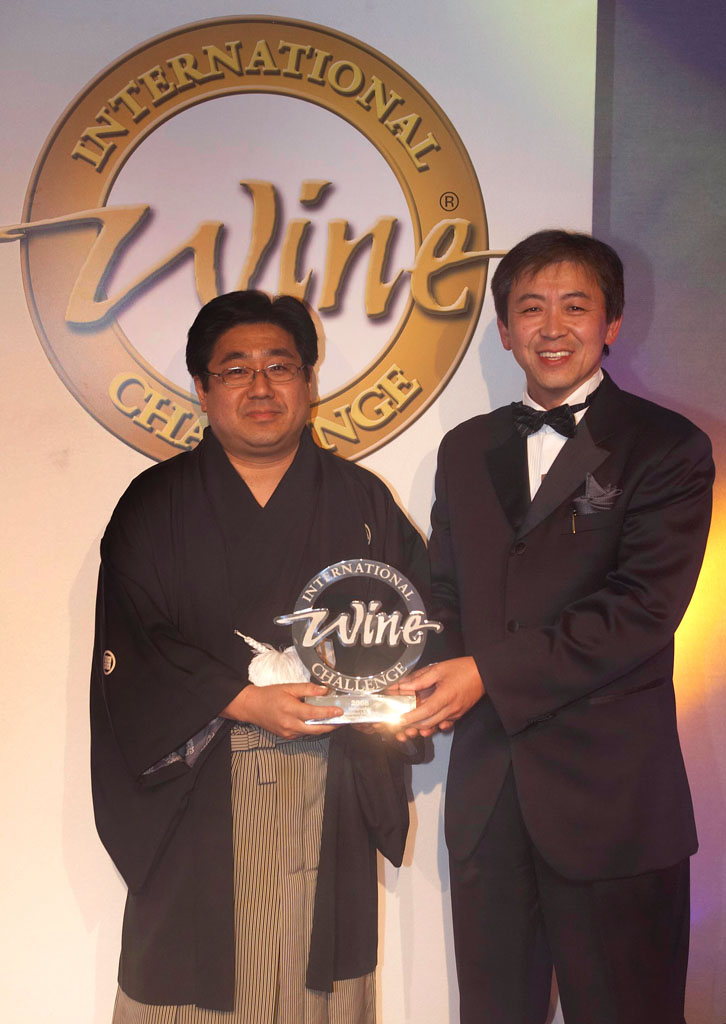The International Wine Challenge Sake Champions
| Year | Brand | Brewer | Prefecture |
|---|---|---|---|
| 2018 | Okunomatsu Adatara Ginjo | Okunomatsu sake brewery | Fukushima |
| 2017 | Nanbu Bijin Tokubetsu Junmai | Nanbu Bijin | Iwate |
| 2016 | Dewanosato | Dewazakura shuzo | Yamagata |
| 2015 | Aizu Homare Banshu Yamadanishiki Junmai Daiginjo | Homare Sake brewery | Fukushima |
| 2014 | Hidanohana Suio | Hirata brewery | Gifu |
| 2013 | Daiginjo Gokujo Kitaya | Kitaya brewery | Fukuoka |
| 2012 | Fukukomachi | National Trading, Kitamura sake brewery | Akita |
| 2011 | Nabeshima Daiginjo | Fukuchiyo sake brewery | Saga |
| 2010 | Honshuichi Muroka Honjozo | Umeda sake brewery | Hiroshima |
| 2010 | Sawahime Daiginjo Shin, Jizake Sengen | Inouke Seikichi shoten | Tochigi |
| 2010 | Born, Ginsen | Kato Kichibee shoten | Fukui |
| 2010 | Nechi 2008 | Watanabe sake brewery | Niigata |
| 2009 | Yamabuki 1995 Kinmon | Akita sake brewery | Akita |
| 2008 | Dewazakura, Ichiro | Nakano sake brewery | Yamagata |
| 2007 | Tsurunosakto | Kikumihime sake brewery | Ishikawa |
The International Wine Challenge
The International Wine Challenge (IWC) is the world’s most rigorously judged wine competition, hosting its annual awards in London. IWC sake judging was introduced as a key component in 2007 and has since grown to become the biggest sake competition outside Japan. Each year sees better sake, fiercer competition, and an ever higher profile for the brewers taking part. The world-wide publicity these awards generate have made a significant contribution to the awareness of sake internationally.
Each year thousands of wines from all over the world are tasted blind, by industry experts, and judged for quality. Medals are awarded to the best wines, and trophies to the best of the best. The IWC is a formidable industry authority on wine quality and the blind tasting format makes sure that it is indeed quality that matters; up-and-coming wine producers are judged fairly alongside the Rothschilds and the Margauxs. The IWC has its eye on the latest trends, and its decision, in 2007, to launch a sake category is an indication of how wine industry experts recognise that the interest of wine drinkers internationally is widening to include other fine drinks such as sake.
The sake category was launched in partnership with the Sake Samurai Association; heirs to Japan’s sake brewing traditions and the generation that must innovate to take sake forward. The IWC sake category awards prizes in five categories: honjozo; ginjo and daiginjo; junmai; junmai-ginjo and junmai-daiginjo; and koshu (aged sake). Bronze, silver and gold medals are awarded, and the gold medal winners are then judged in a blind taste-off to determine the trophy winner for each category. The overall Champion Sake is then determined from among the five trophy winners.
While sake is enjoying unprecedented levels of interest and recognition overseas, the traditional infrastructure of sake brewing is under threat. The number of breweries in Japan has dropped hugely in the last few years, from 2,327 in 1989 to just over 1,000 now, of which many are at risk of business failure. This highlights just how important industry support — here in the form of the IWC sake category — is in boosting the profile of sake in international markets. The more that industry experts know about sake, the more they will love, and the more to pass on to the consumers whom they inform and supply.
